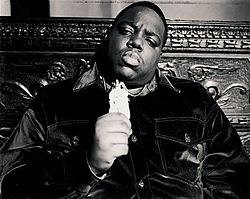Hip hop music is a cultural phenomenon that originated in the Bronx, New York City in the 1970s. It emerged from the African American and Latino communities as a form of expression and resistance against social and economic inequalities. The genre was initially focused on the art of DJing, where DJs would loop and manipulate breakbeats to create new instrumental tracks for MCs to rap over. This led to the emergence of some of the earliest hip hop classics such as “Rapper’s Delight” by the Sugarhill Gang, which became a hit in 1979.
Hip hop’s popularity continued to grow in the 1980s, with the emergence of artists such as Run-DMC, LL Cool J, and Public Enemy. These artists helped to popularize the genre on a global scale, with their music reaching audiences outside of the United States. The 1980s also saw the emergence of hip hop culture, which included other elements such as breakdancing, graffiti art, and fashion. Hip hop fashion, in particular, became a significant influence on mainstream fashion, with streetwear brands such as Adidas and Nike becoming popular.
In the 1990s, hip hop continued to evolve with the emergence of gangsta rap, which was characterized by its violent and confrontational lyrics. Artists such as Tupac Shakur and The Notorious B.I.G. became some of the most popular and influential artists of the era. The 1990s also saw the emergence of alternative hip hop, which was characterized by its experimental and eclectic approach to the genre. Artists such as De La Soul, A Tribe Called Quest, and The Roots helped to popularize this new sub-genre, which focused on social and political issues. Today, hip hop remains one of the most popular and influential genres of music, with its impact felt across various cultures and styles around the world.


